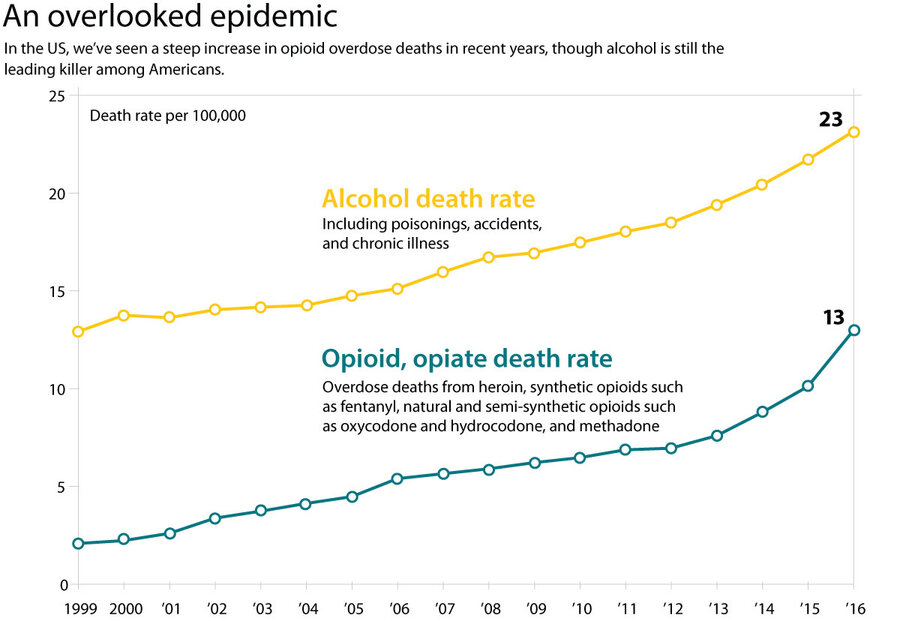The US-China cease-fire was the headline of the G20 summit. But there's another story worth watching as well: China's President Xi presenting himself as the new champion of multilateralism.
Monitor Daily Podcast
- Follow us:
- Apple Podcasts
- Spotify
- RSS Feed
- Download
 Amelia Newcomb
Amelia Newcomb
After President George H.W. Bush’s passing, the Monitor’s Howard LaFranchi messaged me. Like several Monitor staffers, he had a memory to share about Mr. Bush’s well-known love for letter-writing and personal connection.
It revolved around Houston’s Buffalo Bayou, which Howard wrote about in 1988. The story mentioned that two decades earlier, then-Congressman Bush backed an effort to protect the river. Soon, Howard received a letter from a preservationist he had interviewed. She enclosed a letter from now-Vice President Bush, who’d seen the article and written that he remembered fondly her good works for Houston.
“I remember thinking, ‘Wow, this guy is VP, and he takes the time to write,’ ” says Howard. “I’ve never forgotten it.”
Then Bush became president. Senior Washington writer Peter Grier recalls witnessing Bush’s connection with troops he visited during the Gulf War. “He started throwing presidential pins and cufflinks into the crowd with a left-handed sling motion, so much like the Yale baseball player from long ago. He was smiling – and the troops loved it.”
And then there was Bush’s failed bid for a second term. Retired Monitor political writer John Dillin recalls interviewing Bush at the White House. When it emerged John was from Florida, Bush asked how he was doing there. “Pretty well with most of my family,” John replied, “but not my mother.” Bush asked for her number and picked up the phone. “She wouldn’t budge,” John recalls, chuckling, but the effort was impressive.
Now to our five stories, including an appreciation of President Bush’s long career and an editorial about public service.











